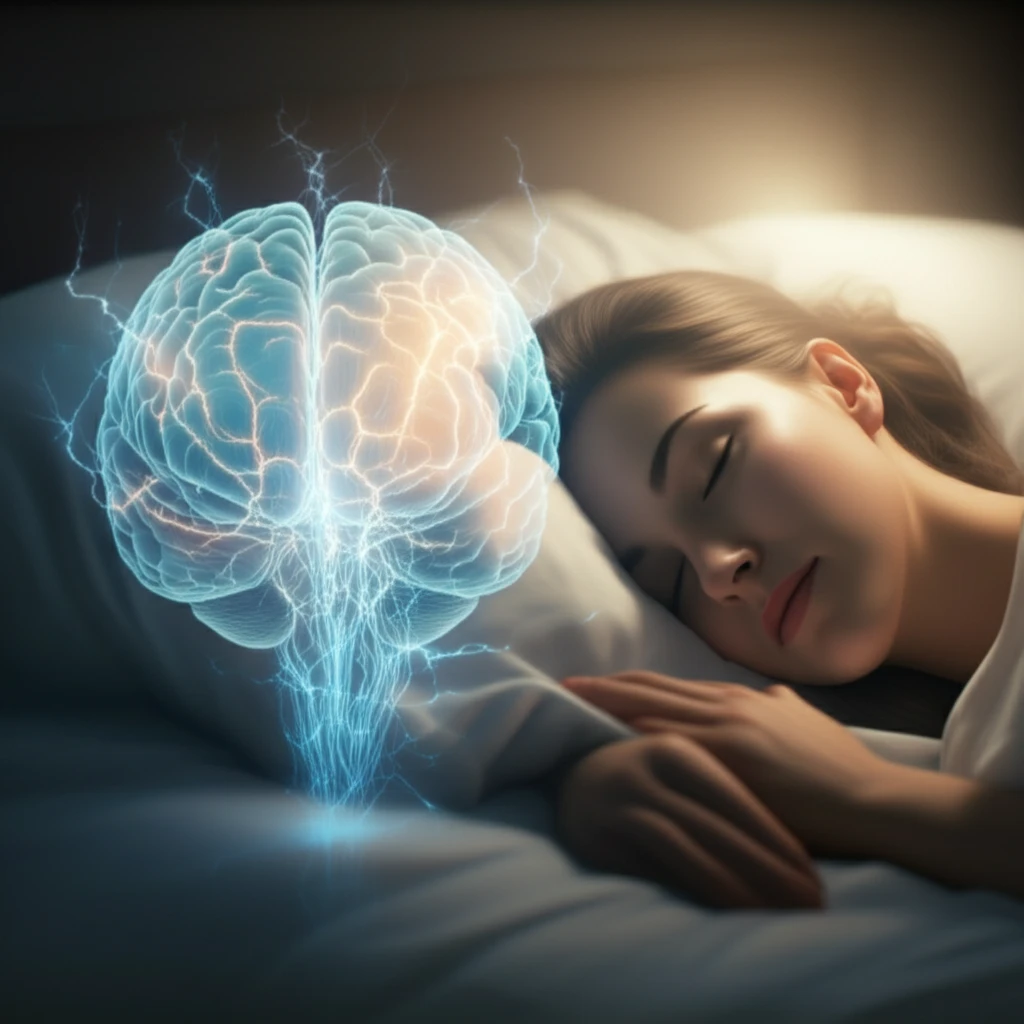
Brain Injury & Sleep: Unlocking the Secrets to Better Recovery
"Discover how quality sleep can drastically improve neurobehavioral outcomes after traumatic brain injury (TBI)."
Sleep disturbances are a common hurdle after a traumatic brain injury (TBI), with many experiencing difficulties that significantly impact their recovery. It's not just about feeling tired; impaired sleep can worsen cognitive and emotional challenges, making the rehabilitation process even tougher. Understanding this connection is the first step towards reclaiming your well-being.
While the link between sleep and cognitive function is well-established, recent research is digging deeper into how sleep specifically affects neurobehavioral outcomes during inpatient rehabilitation. This phase is crucial, and optimizing sleep could be a game-changer in improving participation and overall recovery.
The challenge lies in accurately assessing sleep in TBI patients. Cognitive impairments can make self-reporting unreliable, and traditional methods like polysomnography (PSG) can be impractical in a rehabilitation setting. Innovative approaches like actigraphy (using wearable devices to track movement) offer promise, but questions remain about their accuracy in this unique population.
The Connection: How Sleep Impacts Neurobehavioral Recovery After TBI

A groundbreaking study explored the relationship between sleep and neurobehavioral impairments during inpatient rehabilitation after TBI. Researchers aimed to determine if there was a measurable link between total sleep time (TST), assessed through both actigraphy and observational sleep logs, and the severity of neurobehavioral challenges.
- Better Sleep, Better Outcomes: Patients with longer sleep times, as measured by sleep logs, demonstrated fewer neurobehavioral impairments.
- Actigraphy Limitations: Actigraphy didn't show a significant correlation, potentially due to challenges in accurately detecting sleep in this population.
- Nursing Logs as a Tool: Observational sleep logs provided valuable insights, highlighting the importance of attentive monitoring.
What This Means for Your Recovery
This study reinforces the crucial role of quality sleep in TBI recovery. While wearable sleep trackers can provide some data, they may not always be accurate for everyone. Working closely with your rehabilitation team to monitor sleep patterns, potentially through observational logs, and address any disturbances is essential. By prioritizing sleep, you're actively investing in your neurobehavioral recovery and paving the way for a better quality of life. Further research is warranted to validate the use of PSG to enhance sleep detection.
